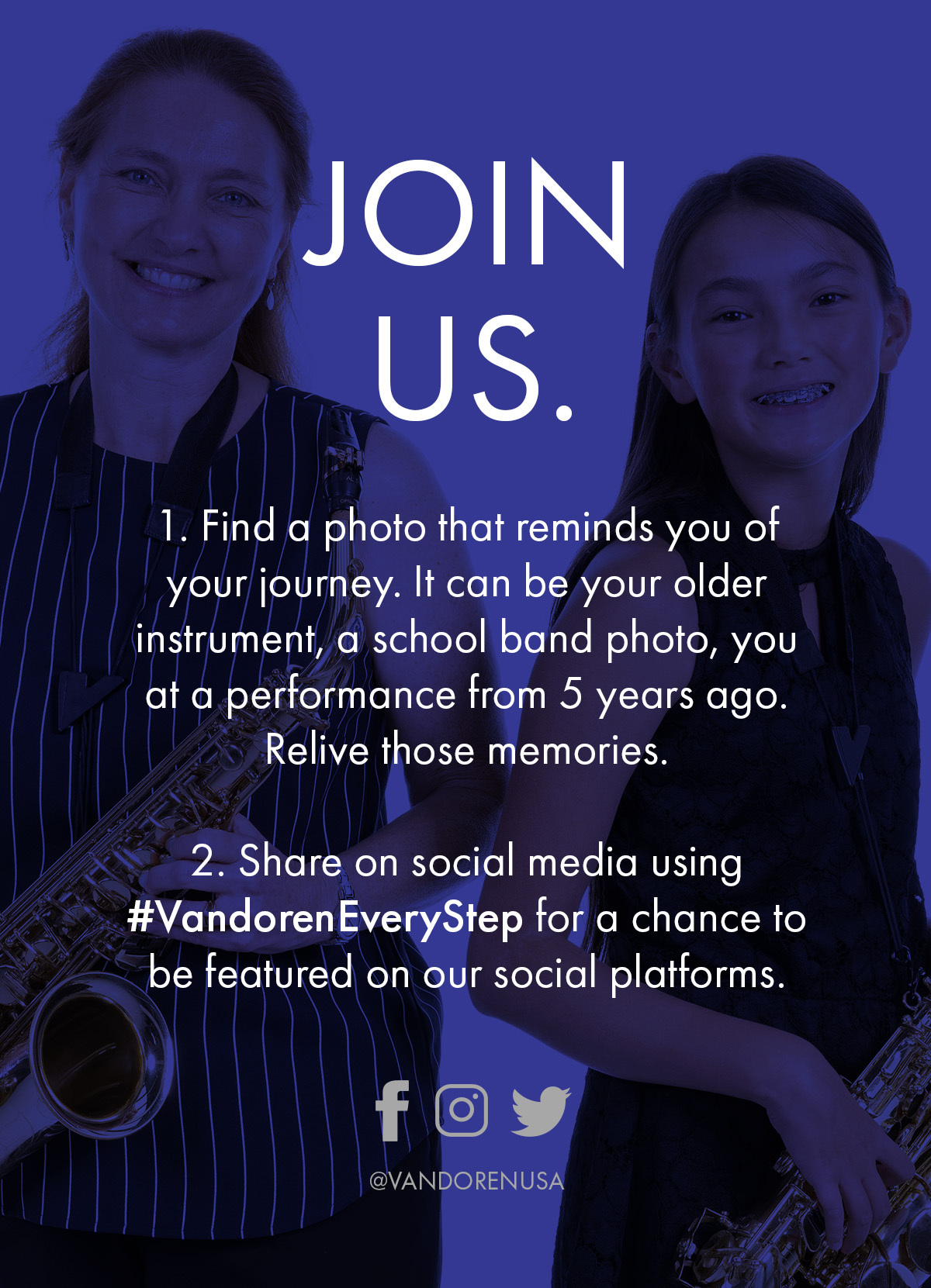With You Every Step: Julianne Kirk-Doyle
Date Posted: December 02, 2021
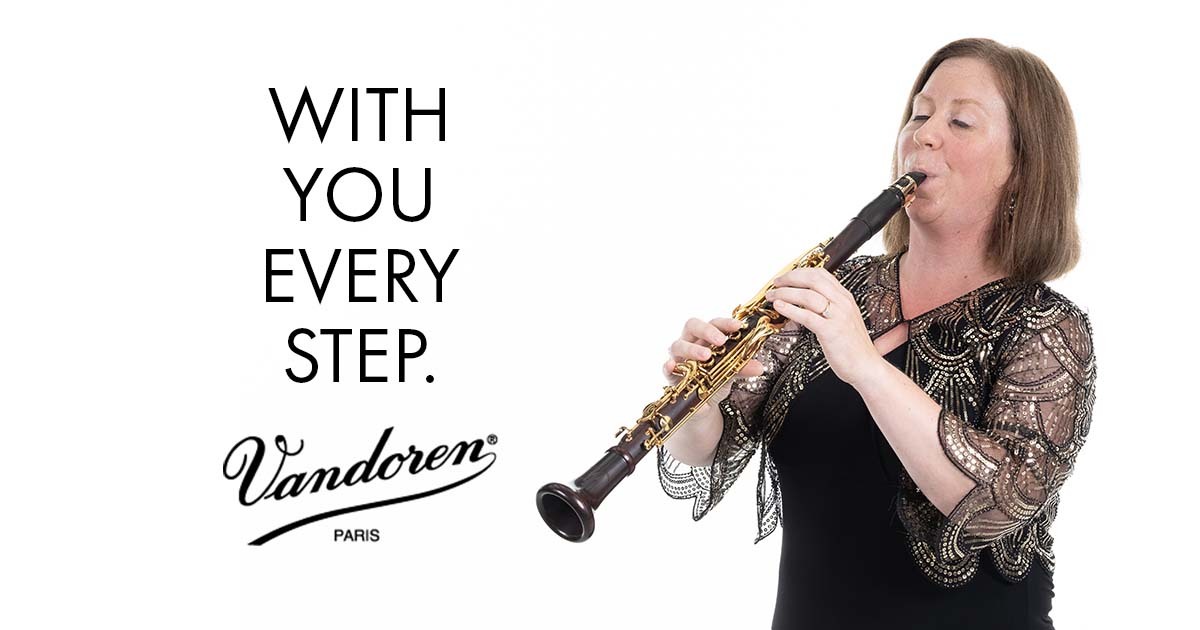
Dr. Julianne Kirk-Doyle is currently the Professor of Clarinet at the Crane School of Music.
Prior to joining the faculty at Crane, she held teaching positions at Ball State University, University of Rochester, Eastman School of Music, Eastman Community Music School, Hochstein School of Music and Nazareth College. She holds the Doctorate of Musical Arts and Master of Music degrees in Performance and Literature and Arts Leadership Certificate from the Eastman School of Music and a Bachelors of Music from the University of Oklahoma. Her primary teachers include Jon Manasse, David Etheridge and Bradford Behn. Julianne continues to perform in orchestras and various chamber groups around the country.
What was your initial inspiration to play your instrument or join band?
My parents were both musicians and urged me to begin an instrument when I reached middle school (6th grade). I was originally drawn to the saxophone because my dad played it but you had to start on clarinet first so I started and then stayed with clarinet (dabbed in a little saxophone in high school jazz band).
But my major focus in middle school was actually ballet – I wanted to be a professional ballerina. I was fortunate to study with a former Ballet Russe dancer, one of the five famed Indian Ballerinas, Moscelyn Larkin. I danced in many professional productions including Cinderella, Romeo and Juliet, La Sylphide and was in the Nutcracker for 8 years. Along the way I always loved hearing the live music and knew many of the orchestra musicians because of my parents. Much of the discipline I learned in dance carried over into my approach to music
So when did you become more serious about Music?
I didn’t begin formal clarinet lessons until the summer after my sophomore year with Bradford Behn. That is when I really found my love for the clarinet. He would often hand me a few recordings to listen to over the week between lessons, usually on cassette tapes but sometimes CDs.
By the middle of high school, clarinet became my central focus. My father was my orchestra teacher and always programmed on a rotation, so, we would visit multiple movements of works over several years. In 4 years I was fortunate to be exposed to repertoire most students don’t have the opportunity to play.
Beyond the music itself, my peers were also a great source of inspiration for me. There was a small group of classmates that were really serious about music and I enjoyed spending time with them in the music room during lunch and activity period when we all would practice together. Summer Music camps were also an amazing experience that helped me grow as a player and musician by meeting others that were as excited about music as I was and interacting with world class faculty.
While I continue to draw inspiration from great players of all instruments, including the clarinet, I’m now constantly inspired by the up and coming clarinetists of the next generation, seeing my students succeed and persevere through challenging times, and collaborating with my colleagues and exploring works of living composers.
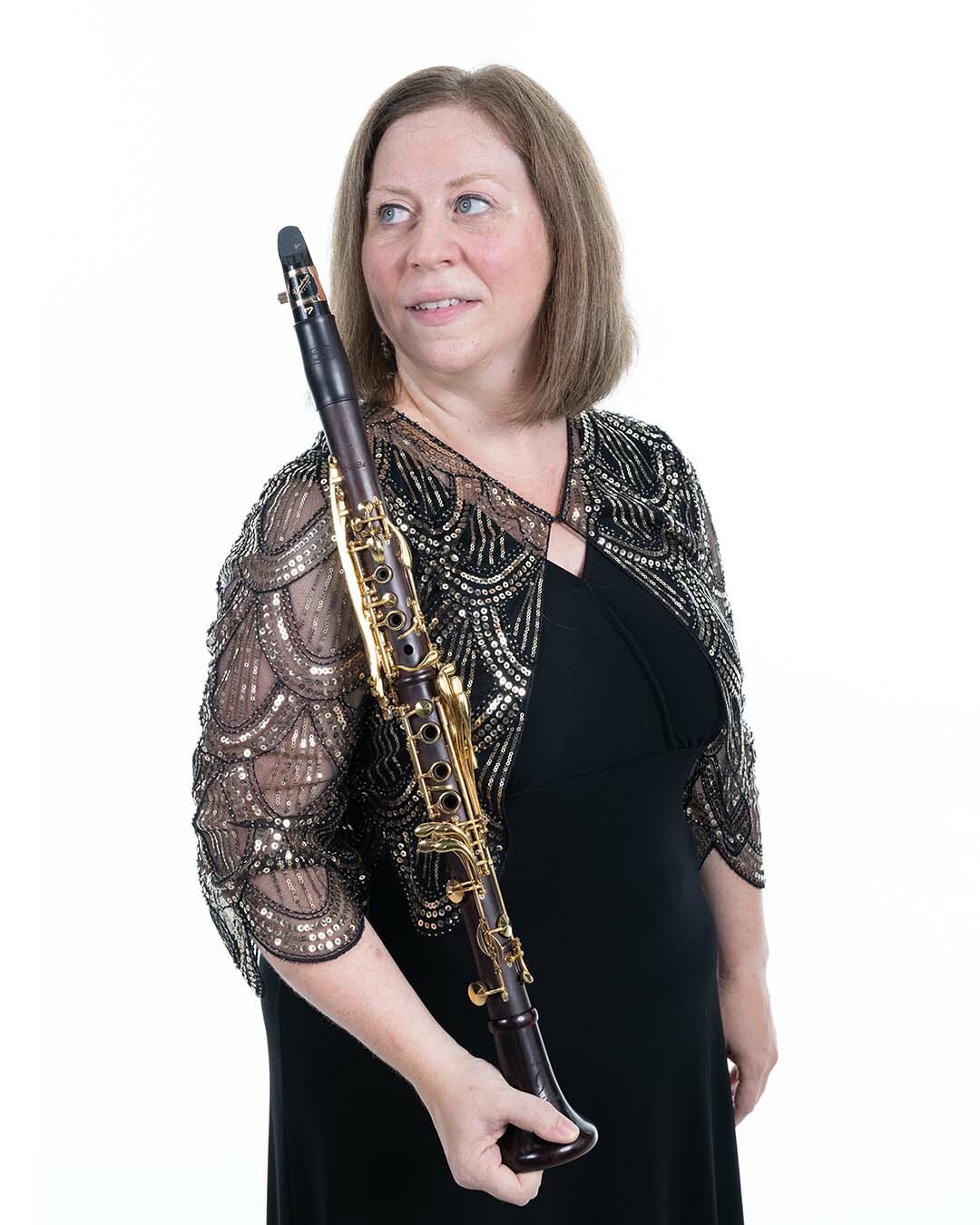
How did you get to where you are today? It sounds like a lot of hard work.
When I decided to focus on clarinet more in late high school and even early college, I felt like I was “behind” everyone else because I had not been serious for as long or formally studying the instrument as long as everyone else.
I worked really diligently to “catch up” studying the solo repertoire and building my library. I also was exploring both band and orchestral literature. Other than honor bands, I didn’t have my first Wind Ensemble experience until college and I fell in love with playing in wind band.
Each summer, I would take a little time off just after the end of the school year, but then work on basic fundamentals since I didn’t have performances to prepare for. I still enjoy my “Summer practice cleanse”
When I went to graduate school, I felt like I was still behind and continued to focus on being the best I could be, stepping back and revisiting all my fundamentals, rebuilding and reinventing my approach to the instrument with the help of my teacher.
When I finished my Doctorate, I felt then that I finally had all the tools to begin my education. As a professor said to me at the time, “Don’t look at this as the end of your education, see it as the beginning.” These are words I have carried with me because we are always learning and need to always be open to new ideas.
Enter the year 2020-2021, we discovered a new meaning to learning and thinking creatively outside the box – this year was difficult but on the other side of it we have learned how to teach and interact online, new ways to present concerts and connect across distance and so much more.
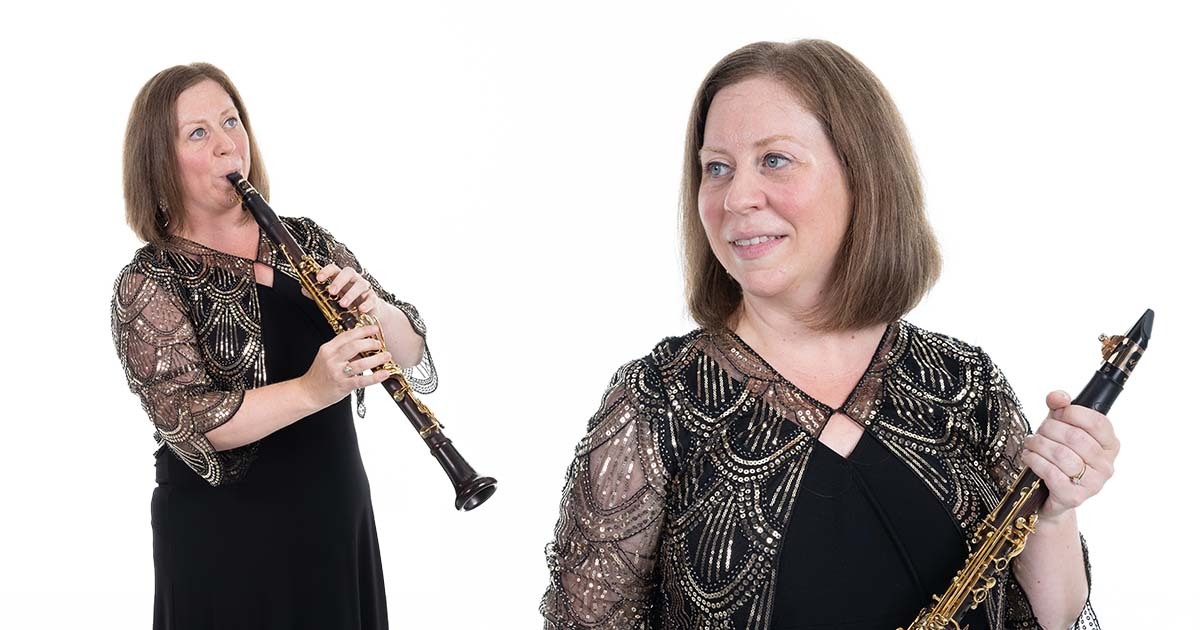
Did you ever think of quitting or trying something else? How did you persevere?
As a student, I constantly questioned myself: Can I do this? Am I good enough to “make it”? This is the question we are all terrified to ask or to hear the answer to. I decided that I had to believe in myself and then hopefully others would too. I knew I had to keep working hard to achieve my goals.
At the end of my Doctorate, I was finishing a one-year visiting position and wasn’t sure if I was going to land a job the next year. I was terrified – here I’ve just finished 9 years of school training for a career, what if I don’t get a job?So,I was exploring options such as going to get an MBA, what applying for a Fulbright entailed, looking for jobs in arts management, or getting a teaching certificate to work in public school.
I had interviewed for my current job at Crane, but had not yet heard if I was going to be offered the position. I had 3-4 applications ready to go out for the next wave of college teaching jobs but I was then offered the job at Crane and the rest is as they say “history.”
I have often considered what I would have done had I not pursued a career in music and am asked that question quite often. I would have probably looked at some area of music business/arts management or elementary education. But in the end, I feel very fortunate to be a part of NY state’s music community through Crane and my other educational endeavors.
"You will land on your feet." - Julianne Kirk-Doyle
What sort of advice would you offer to student musicians today?
- Be patient
- Practice slowly – really slowly, don’t take short cuts
- Practice everything your teachers tell you
- If you don’t understand something, ask for another explanation
- Become “your” best and always do your best!
- Learn from those who are better than you
- Compete with yourself not others, the competition is how can you improve
- Don’t be in a hurry to learn a piece – learn it right the first time
- You will land on your feet
- Sometimes your life/career path isn’t a direct one, but you will get there with determination and perseverance – keep your eye on your goals and don’t give up
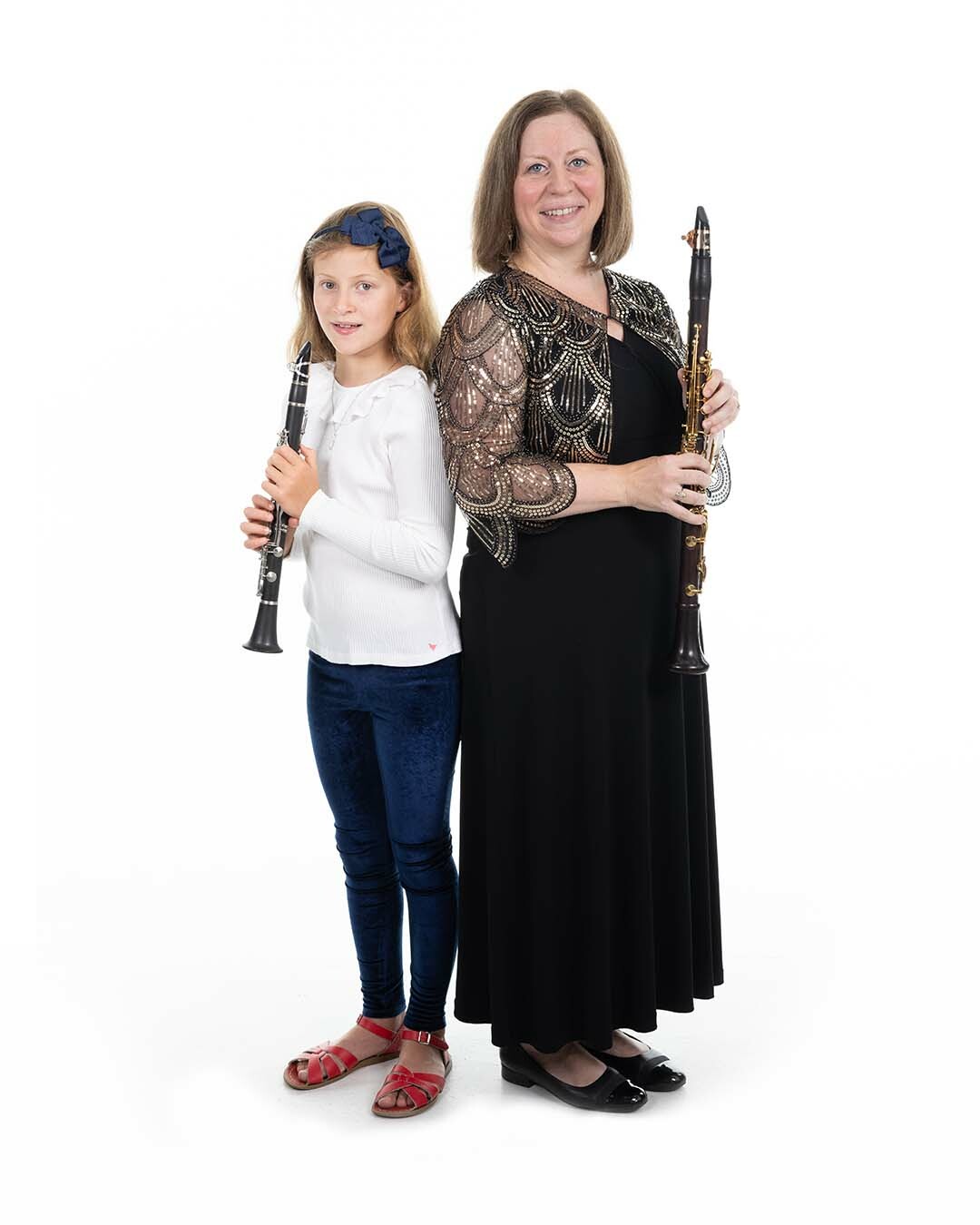
Meet Julianne's Student Partner, Clara!
Read about Clara's journey as she just begins on clarinet.
